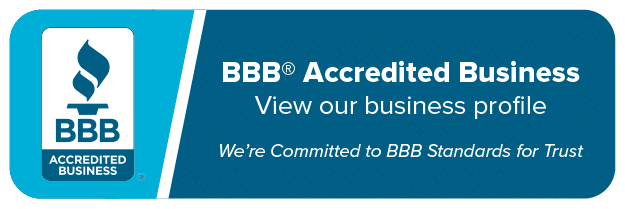PCI compliance
Payment Card Industry Data Security Standards (PCI DSS) is the standard for data security in the merchant service industry.
What is PCI compliance?
PCI compliance is a set of rules and regulations that are designed to protect credit card holder data information.
Any and all businesses that process, store, transmit or have access to credit card data must comply with these regulations in order to ensure the safety of their customers’ information. Failing to comply with PCI can result in penalties, including fines and fees. So it’s important to make sure you’re compliant with PCI standards.
Luckily, achieving and maintaining PCI compliance isn’t too complicated or expensive. There are a number of measures you can take to protect your data and ensure compliance, which we will help guide you through.
PCI Compliance Requirements
Build and maintain a secure network
Protect cardholder data
Maintain a vulnerability management program
Implement strong access control measure
Regularly monitor and test network
Maintain an information security policy
Regularly self-assess the compliance
This includes installing and maintaining a firewall configuration to protect cardholder data.
This includes protecting stored cardholder data, encrypting transmission of cardholder data across open, public networks.
This includes using and regularly updating anti-virus software, developing and maintaining secure systems and applications.
This includes restricting access to cardholder data by business need-to-know, assigning a unique ID to each person with computer access.
This includes tracking and monitoring all access to network resources and cardholder data, regularly testing security systems and processes.
This includes establishing, publishing, maintaining, and disseminating an information security policy.
Merchants must conduct regular internal assessments and external vulnerability scans to identify and address any vulnerabilities or non-compliant practices.
This includes installing and maintaining a firewall configuration to protect cardholder data.
This includes protecting stored cardholder data, encrypting transmission of cardholder data across open, public networks.
This includes using and regularly updating anti-virus software, developing and maintaining secure systems and applications.
This includes restricting access to cardholder data by business need-to-know, assigning a unique ID to each person with computer access.
This includes tracking and monitoring all access to network resources and cardholder data, regularly testing security systems and processes.
This includes establishing, publishing, maintaining, and disseminating an information security policy.
Merchants must conduct regular internal assessments and external vulnerability scans to identify and address any vulnerabilities or non-compliant practices.
It’s important to note that different merchants and service providers may have different compliance requirements based on the volume and type of credit card transactions they handle.
Frequently asked questions
What is PCI compliance?
Payment Card Industry Data Security Standards (PCI DSS) are a set of security standards designed to protect cardholder data. Any business that processes, transmits, or stores cardholder data must comply with the PCI DSS standards.
Am I PCI compliant?
Completing a PCI Compliance questionnaire is the first step in ensuring your business is compliant with PCI DSS standards. The questionnaire will help identify what steps need to be taken in order to become compliant. If you haven’t completed a questionnaire within the last year – contact us and we’ll guide you on the steps to take.
Why is PCI compliance important?
PCI compliance helps to protect businesses from data breaches and protects customers’ credit card information. Data breaches can be costly, and they can damage a business’s reputation. By complying with the PCI DSS standards, businesses can help prevent data breaches and protect their customers’ information.
How do I become PCI compliant?
There are a few steps you can take to become PCI compliant:
- Complete a self-assessment questionnaire
- Implement security measures
- Submit an Attestation of Compliance to your payment processor
If you have any questions about becoming PCI compliant, please contact us. We can help you assess your compliance level and take the necessary steps to become compliant.
Have you seen a PCI compliance fee on your statement?
Not all PCI fees are made the same. Get a statement analysis and we’ll show you.


